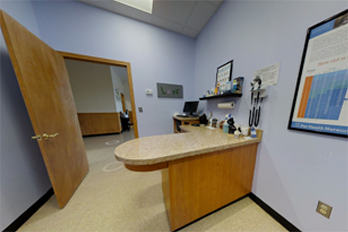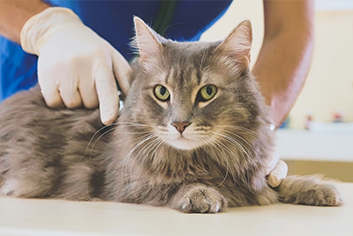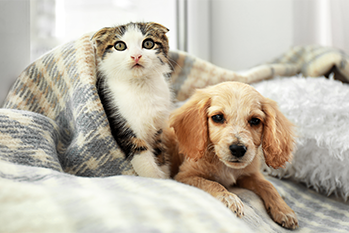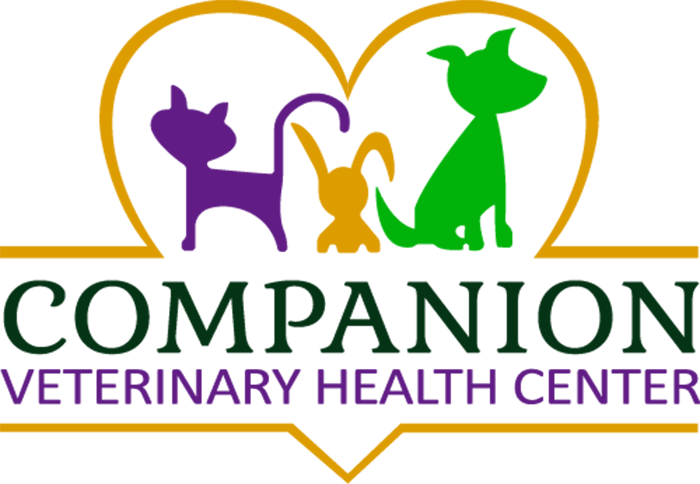Companion Veterinary Health Center
A full-service Veterinary Clinic and Health Center for all of your pet’s needs in Dayville, CT.

It’s official! Thanks to our people, we’re proud to have earned Great Place to Work® Certification™. Our company culture is our top priority! #GPTWcertified
Our Mission
Companion Veterinary Health Center
Companion Veterinary Health Center is a full-service Veterinary Clinic and Health Center for all of your pet’s needs. We want to help your pet live its best life. Our goal at Companion Veterinary Health Center is to focus on preventive pet care medicine and help your pet live a long and healthy life.

Veterinary Services
Full-Service Vet Clinic in Dayville, CT
At Companion Veterinary Health Center, we take great pride in offering a wide variety of veterinary treatments. Our goal is to provide you and your pet with excellent care!

Pet Wellness
Exams
Our team provides comprehensive consultative physical exams.
Read More

Pet
Surgery
In addition to spay and neuters, we also do mass removals, eye surgery, and more.
Read More

Pet
Vaccinations
We will discuss the best vaccination protocol for your pet’s unique needs.
Read More

Puppies &
Kittens
New puppy or kitten visits can take a bit longer than other examinations.
Read More

Pet
Microchipping
We are passionate about permanent identification to keep your pet safe.
Read More

Pet Pain
Management
We want the best for our patients and treat pain management thoughtfully.
Read More

Pet Dental Care
We not only clean your pet’s teeth, we take full mouth digital x-rays of your pet’s teeth.
Read More

Pet Laser
Therapy
We have a therapeutic laser that we use post-operatively to treat many ailments.
Read More
Our Veterinary Team
Meet Our Veterinarians And Staff
Our devoted veterinarian team has years of experience providing the best care for pets just like yours. We take great delight in offering your cherished animal companions top-notch veterinary care. We value the relationship you have with your pet and share your care for their wellbeing.
